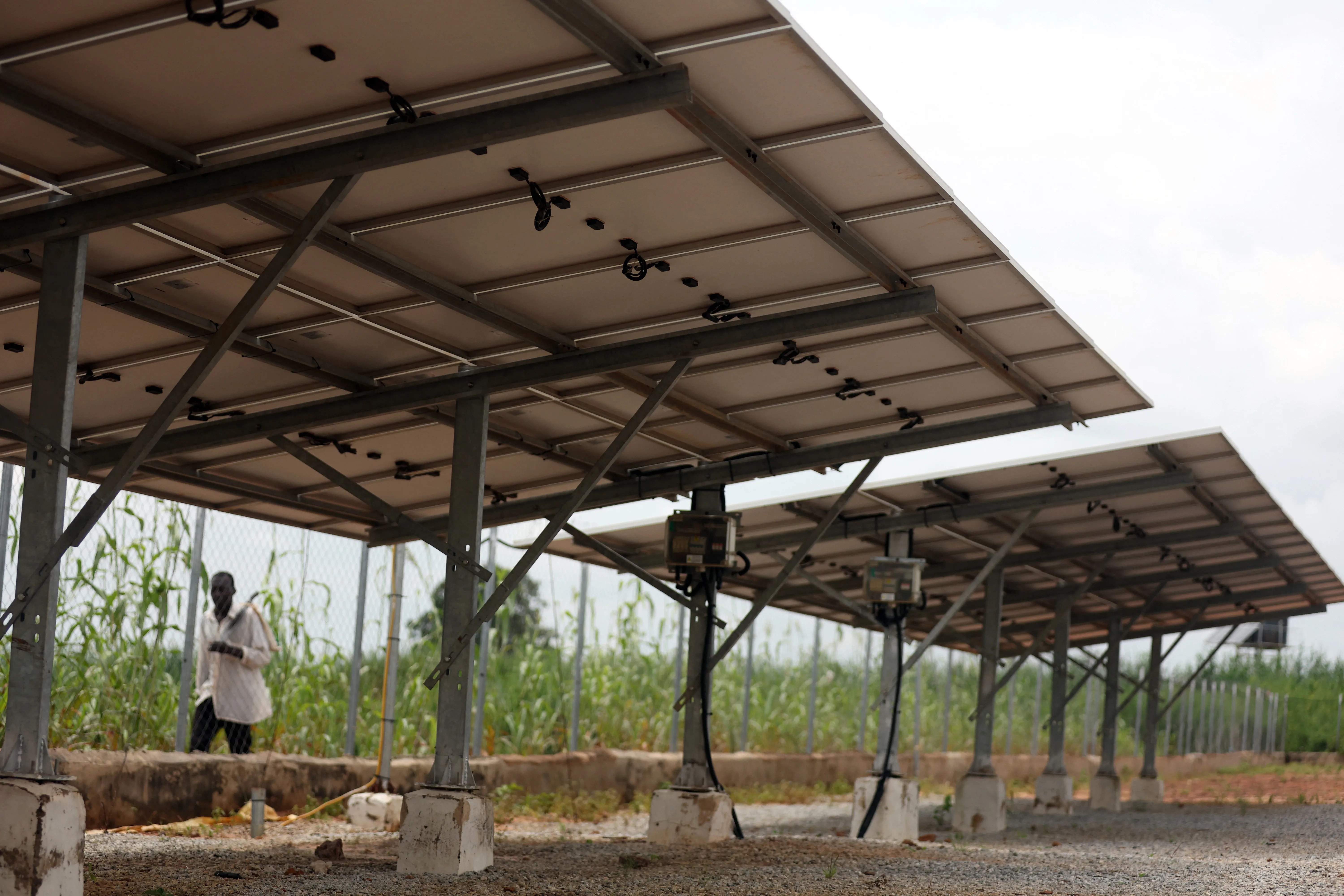
In Africa, the mining and extraction of natural resources such as metals, minerals, oil, and gas is referred to as the extractive industry. This sector supports the economies of many African nations by creating jobs and bringing in money for governments. This sector, however, also raises questions about social issues, governance, and the influence on the environment.
Russia is a nation whose economy has been on a gradual decline from 2022, largely in part due to its invasion of Ukraine. Russia’s gross domestic product (GDP) declined by 2.1% in 2022. In 2023, it continued to shrink, and the World Bank and IMF projected that Russia’s economy would only improve by a paltry 0.7%.
In this war all indications suggest that Russia underestimated Ukraine’s resilience and ability to fight back. The Russian economy encountered challenges occasioned by Western-driven sanctions on its oil and gas, key drivers and sources of revenue. In a bid to revive its economy and support its war effort against Ukraine, Russia has turned to exploitative tactics on the African continent.
Congo rebuts claims
The Democratic Republic of Congo is one country in Africa with a lot of natural resources that have not been utilised. Russia has turned its attention to this country using disinformation as a strategy and appears poised to get a foothold into the country to exploit DRC’s minerals.
On 8 March 2024 the DRC government refuted claims that it had reached an agreement with the Russian government for military cooperation. Reports published by the Russian-owned news agency TASS indicated that the Russian government approved of a draft military cooperation deal with the Democratic Republic of the Congo. According to TASS, which cited a government document, the agreement included military training, cooperative drills and exercises, and “visits by warships and warplanes at an invitation or request”.
This news alarmed Africa at large, and the DRC government swiftly denied the allegations and set the record straight. Such an agreement did not exist. What was Russia’s intention in making these claims? One can only speculate that the Russian military or its affiliates were gearing up to set up a theatre of operations in the DRC under the pretext of providing military support. What would have followed next has been replicated in other African countries across the Sahel and Central Africa: mineral exploitation to fund Russia’s economy.
Nigerian plans on hold
Nigeria is another country that Russia has been interested in for a long time. In June 2009 Russia and Nigeria entered into various bilateral agreements, some of which touched on the extractive industry. Some of the key agreements included a memorandum of association on a joint venture between the Nigerian National Petroleum Corporation (NNPC) and Gazprom, a multinational energy corporation a majority of which is owned by the Russian state.
Unfortunately, to date these agreements have not been ratified by the Nigerian parliament, due to mistrust and suspicion of Russian intentions in the Nigerian extractive industry. Furthermore, Nigeria’s only aluminium smelting company, ALSCON, was handed over to Russian aluminium giant United Company RUSAL Plc. Its operations, however, ground to a halt and it was closed in 2014, putting more than 98% of its workforce out of jobs and severely stressing the Nigerian economy.
Enter Wagner
Mozambique is the other African country that finds its security and extractive sectors at the intersection of Russian interest. An insurgency by Islamist forces called Ansar al-Sunna, also referred to as Al-Shabaab, erupted in Cabo Delgado province in 2017. It hampered the growth and development of gas operations in the Rovuma Basin. After months of fighting, in September 2019 a 200-man contingent of mercenaries landed in Nacala to be sent to battle the Islamist insurrection in Cabo Delgado – ostensibly as part of an agreement with Vladimir Putin.
The contingent was from Yevgeny Prigozhin’s Wagner Group, which also provided Frelimo with campaign advice for the Mozambican general election that year. These Wagner forces did not perform well, leading to Mozambican diplomats acknowledging that bringing in the Wagner Group was a mistake in the first place.
In July 2023 Nikolai Patrushev, then secretary of the Russian Security Council, and Arsénia Massinge, the minister of internal affairs of the Republic of Mozambique, met in Maputo and discussed more security collaborations. This was followed by promises of Russia’s involvement in Mozambique’s gas fields. In terms of gas, Mozambique is sceptical of recent pledges by Gazprom and another Russian oil and gas company, Rosneft, to become heavily involved, given that the same pledges were made in 2019 and were not fulfilled. Once again it would appear that Russia is leveraging on the security angle to penetrate and get involved in Mozambique’s extractive sector.
The script appears to be similar in various vulnerable parts of Africa: Russia exploits these regions’ insecurity to harvest the available minerals, either as payment for security services rendered or using the opportunity to negotiate skewed agreements for its state-owned extractive companies.





Recent Comments